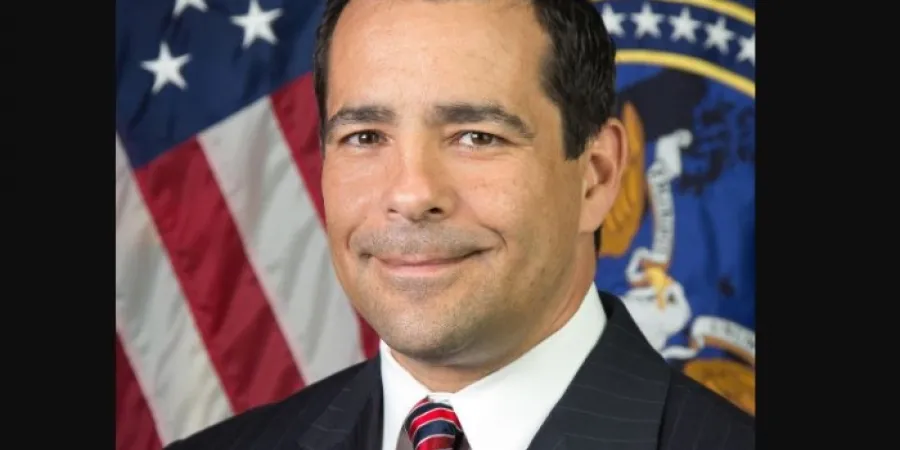US counterintelligence chief names Russia, China and Iran as key figures trying to interfere in 2020 elections
William Evanina says countries using ‘influence measures’ to saw US voter preferences and increase discord
Lidar Gravé-Lazi
|
27/07/2020
National Counterintelligence and Security Center (NCSC) Director William Evanina issued a warning Friday that foreign actors - namely Russia, China and Iran - are trying to interfere in the 2020 US presidential elections.
With less than 100 days until the elections, the counterintelligence chief said that the US was "primarily concerned" with these three countries, though he added that other nation states and non-state actors could also harm the electoral process.
In his statement he also outlined the methods used by each country to achieve its goals:
With regards to China, Evanina said the country is "expanding its influence efforts to shape the policy environment in the United States, pressure political figures it views as opposed to China’s interests, and counter criticism of China."
He added that "Beijing recognizes its efforts might affect the presidential race."
As for Russia, he said its "persistent objective" is to weaken the United States and "diminish our global role." He said that the country has used a "range of efforts" including internet trolls and disinformation campaigns aimed at undermining confidence in the US democratic process."
Iran, Evanina said, is also seeking to "undermine US democratic institutions and divide the country in advance of the elections." He said the country's efforts have centered around "online influence, such as spreading disinformation on social media and recirculating anti-US content."
The counterintelligence chief said that his office continues to monitor "malicious cyber actors trying to gain access to US state and federal networks, including those responsible for managing elections."
However, he added that the "diversity" of election systems among the states as well as multiple checks and redundancies and post-election auditing make it "extraordinarily difficult" for foreign countries to "disrupt or change vote tallies without detection."
As such, he said that foreign nations are using "influence measures" in an effort to sway US voters' preferences and perspectives as well as to shift US policies and increase discord.
Evanina urged the American public to maintain "vigilance against foreign influence" and to "practice good cyber hygiene."
William Evanina says countries using ‘influence measures’ to saw US voter preferences and increase discord
National Counterintelligence and Security Center (NCSC) Director William Evanina issued a warning Friday that foreign actors - namely Russia, China and Iran - are trying to interfere in the 2020 US presidential elections.
With less than 100 days until the elections, the counterintelligence chief said that the US was "primarily concerned" with these three countries, though he added that other nation states and non-state actors could also harm the electoral process.
In his statement he also outlined the methods used by each country to achieve its goals:
With regards to China, Evanina said the country is "expanding its influence efforts to shape the policy environment in the United States, pressure political figures it views as opposed to China’s interests, and counter criticism of China."
He added that "Beijing recognizes its efforts might affect the presidential race."
As for Russia, he said its "persistent objective" is to weaken the United States and "diminish our global role." He said that the country has used a "range of efforts" including internet trolls and disinformation campaigns aimed at undermining confidence in the US democratic process."
Iran, Evanina said, is also seeking to "undermine US democratic institutions and divide the country in advance of the elections." He said the country's efforts have centered around "online influence, such as spreading disinformation on social media and recirculating anti-US content."
The counterintelligence chief said that his office continues to monitor "malicious cyber actors trying to gain access to US state and federal networks, including those responsible for managing elections."
However, he added that the "diversity" of election systems among the states as well as multiple checks and redundancies and post-election auditing make it "extraordinarily difficult" for foreign countries to "disrupt or change vote tallies without detection."
As such, he said that foreign nations are using "influence measures" in an effort to sway US voters' preferences and perspectives as well as to shift US policies and increase discord.
Evanina urged the American public to maintain "vigilance against foreign influence" and to "practice good cyber hygiene."



